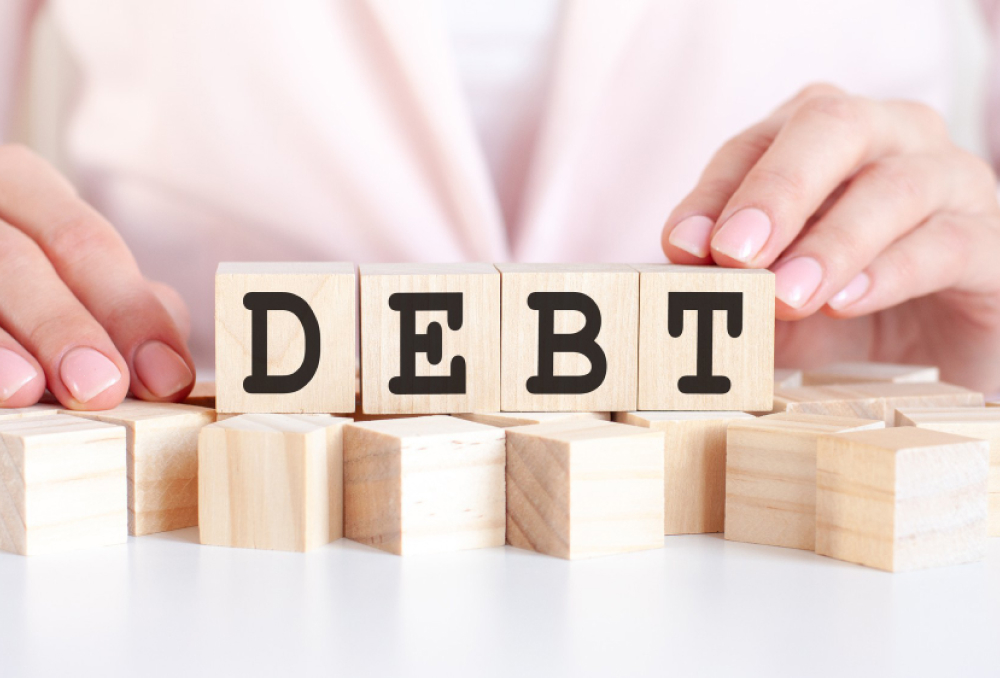Suppose the calls from creditors don’t stop. The bills pile up. You’ve missed payments because there simply isn't enough money to go around. You’ve reduced every expense, canceled subscriptions, and sold personal items. Still, the numbers don’t add up.
You start researching options, the ways to breathe again. That’s when two terms keep popping up: debt settlement and bankruptcy. Both promise some form of relief, but they seem like entirely different paths.
One sounds like negotiation. The other feels like surrender. One might impact your credit for a few years. The other could stay on your record for nearly a decade. One might help you avoid court. The other happens inside one.
Though they both share the purpose of reducing financial strain, they are not equal at all. Each carries specific advantages, drawbacks and appropriateness based on your present situation.
This article differentiates the features between debt settlement and bankruptcy, so you can make an informed choice confidently.
What Is Debt Settlement?
Debt settlement is a negotiating process in which you or a representative on your behalf negotiate with creditors to minimize the amount of debt you have, usually by 30% to 60%.
How It Works:
You cease making payments to creditors and make monthly deposits into a segregated account. A settlement company negotiates lump-sum payments with your creditors. Once you have an agreement, the creditor treats the debt as settled in full, even if you've only paid less than you owed.
Suitable For:
- People or companies with unsecured debt such as credit cards, personal loans, medical expenses
- People who cannot afford minimum payments but wish to proceed without court proceedings
- Anyone looking for a quicker and less harmful option to bankruptcy
What Is Bankruptcy?
Bankruptcy is a judicial process that enables individuals or companies to discharge or rehabilitate debt in the shelter of federal courts. It comes in various forms, but for individuals and small business people, the most familiar are:
- Chapter 7 (Liquidation): Your non-exempt property can be liquidated to repay creditors. Most outstanding debts are erased.
- Chapter 13 (Reorganization): You pay part of your debt back in 3-5 years via a plan approved by the court.
Suitable For:
- Businesses or persons with no viable means to pay debts
- Those who are being sued someone being harassed by creditors
- Circumstances when legal protection and a clear financial record are required
When Is Debt Settlement Better?
Debt settlement might be a better choice if:
- You’re behind on credit cards or personal loans, but not underwater on everything.
- You have some income and would like to repay part of your debt.
- You wish to escape the stigma and long-term effects of bankruptcy.
- You're seeking a negotiated settlement without the courts.
When Is Bankruptcy the Right Option?
Bankruptcy can be suitable when:
- You owe amounts you could never possibly pay back.
- You're under suits, levies, or seizures.
- You have little to no money to spare to give to creditors.
- You require a new beginning and are willing to accept long-term credit penalties.
- Bankruptcy is not to be avoided—but it must be a last resort never the first.
The Emotional Side: Stress, Stigma & Relief
Let's be honest: debt isn't just about numbers. It's personal. It eats away at your sleep, your confidence, and even your relationships.
Debt Settlement is a more discreet, flexible option. On the other hand, bankruptcy provides legal clarity, but it can be seen as capitulation. Neither is simple but both are steps toward peace of mind.
What's most important is that you do something. Procrastinating about debt is the only real mistake.
Which Option Is Right for You?
Each individual's financial situation is not the same. The most appropriate solution based on:
- Your overall debt
- Your overall expenses and income
- Your objectives if you maintain a house, or saving your business
- Your urgency if you’re stuck in a lawsuit or garnishment
Your Next Step Is Getting Clarity
Debt relief experts typically assist individuals in paying down debt without bankruptcy through individualized settlement programs. They provide no-judgment consultations to assist you in considering each option from debt negotiation to bankruptcy referrals so that you may make the optimum decision about your future.
- Speak with a genuine expert
- Know your choices
- Begin to build a plan today
Debt Relief Is Not One-Size-Fits-All
Both provide a solution but they're quite different paths. Whether you're a business owner, or someone experiencing personal financial pressure, debt doesn't have to be permanent.
Financial independence is within reach. And you don't have to do it alone. There are many debt relief companies available to help you with the right path to steer back control of your finances.






